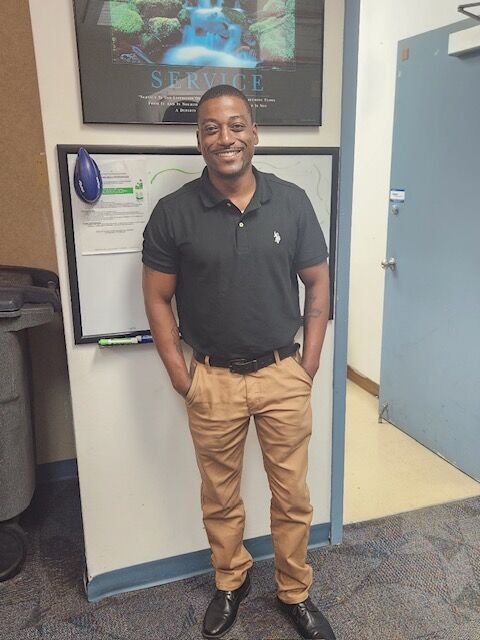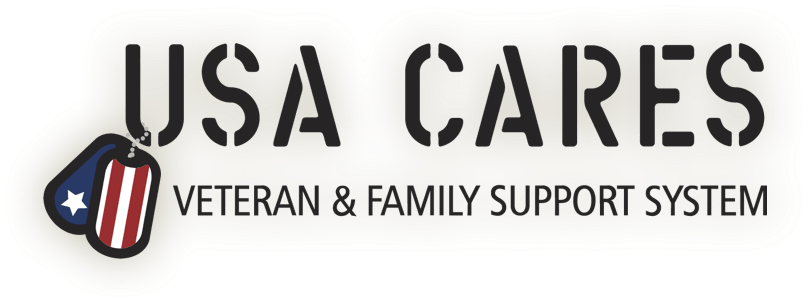Darrian Kelly
After more than six years in the Army and two deployments to Iraq, Darrian Kelly faced the daunting task of transitioning to his civilian career. He was given the usual resources and training before his discharge but, for some reason, none of it really stuck.
“The tools were there, they were just in the wrong toolbox,” Darrian said.
Darrian struggled to keep a job after leaving the Army. He was easily agitated and found it hard to concentrate. It made it nearly impossible to foster relationships with coworkers, and he missed the camaraderie he had as a soldier.
“Those six years in the military felt like a lifetime,” Darrian said. “Coming into the civilian world is like training all over again, and you have no idea what you’re doing.”
In 2019, Darrian was working at a new job when he had an outburst with a customer. The incident led to his termination.
“People would ask me what was wrong, and I would get defensive,” Darrian said. “I felt like they were being intrusive and making it seem like something was wrong with me, which it was, but I didn’t know that at the time.”

Darrian had never sought mental health help before, but after another failed attempt at employment, he reached out to the VA. Doctors diagnosed Darrian with PTSD and he was given a 70% disability rating. The necessary treatment, however, put a hold on Darrian’s job search. He had no income to support his young family of four.
“We would take family trips walking to the grocery store and we’d be picking up literal pennies off the floor,” Darrian said. “I cried just wondering what the hell tomorrow’s going to bring.”
Then, one day, Darrian received an eviction notice. Desperate to keep his family in their apartment, Darrian reached out to several local organizations for help.
“First thing they’d ask me is, ‘What happened to your money? Why don’t you have savings?’” Darrian said. “They wanted proof of where I had spent my money.”
Finally, Darrian found USA Cares.
“USA Cares was the first one to listen to me,” Darrian said. “There wasn’t judgment just, ‘How can we fix this problem?’”
USA Cares’ assistance kept Darrian and his family in their apartment. Today, he is employed and continuing treatment for his mental health.
“It took some time jumping from doctor to doctor, trying different medications, different therapies, but it’s worth it,” Darrian said. “I want other veterans to know it’s OK to ask for help. We all do at some point. Whether it’s your health, or your financials, don’t let your pride get in the way of someone helping you get to a better spot.”
